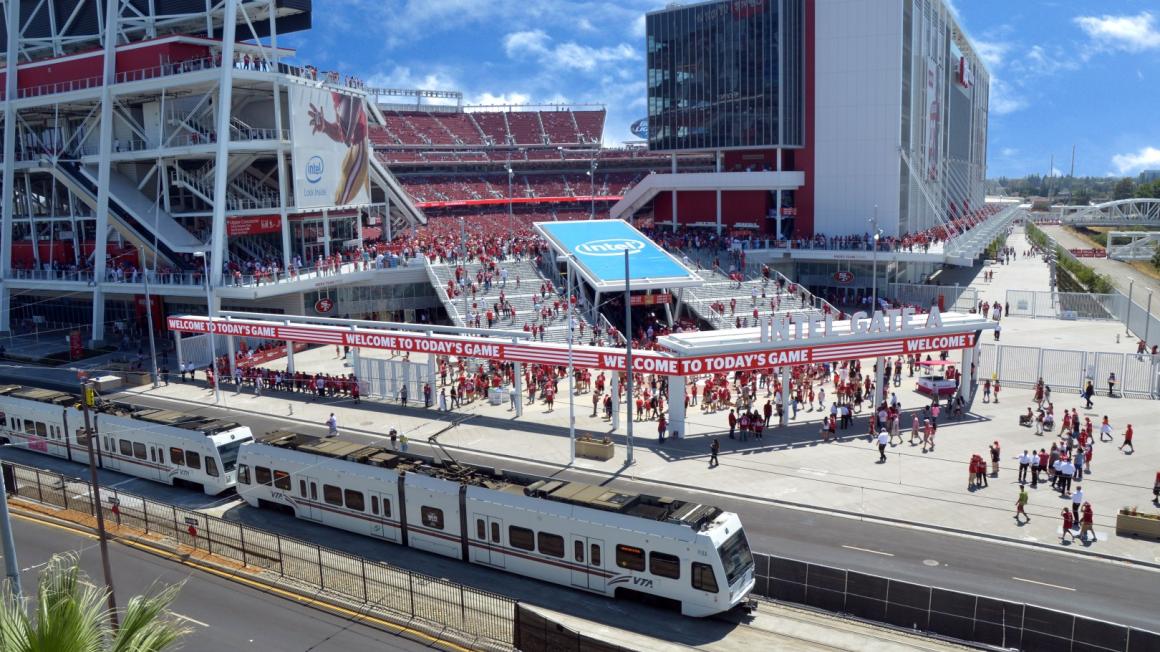In its third incarnation, USDOT’s TIGER program continues to be overwhelmingly popular.
The deadline to apply for TIGER III grants passed late last month, but not before 828 applications were received from all 50 states, the District of Columbia and US territories. Applications for this $527 million program totaled $14.1 billion, guaranteeing the selection process will be fiercely competitive.
Transportation Secretary Ray LaHood said the response demonstrates just how urgent the need is for investment in the nation’s transportation systems.
“The tremendous demand for these grants clearly shows that communities across the country can’t wait any longer for crucial upgrades to the roads, bridges, rail lines, and bus routes they rely on every day,” he said in his blog, The Fast Lane.
USDOT plans to award the grants before the end of the year, thanks to a directive from the President to expedite the process, according to LaHood. (That move prompted the Washington Post to call LaHood a grinch for keeping his staff in the office over the winter holidays.)
TIGER, which stands for Transportation Investment Generating Economic Recovery, represents an important innovation for US DOT, in that grants are awarded based on project merit rather than political and geographic considerations. Extra consideration is given to applications that have the potential to have a significant impact on the nation or the region where the grant is awarded. This third round of grants, however, relaxed this theme a little to include a geographic diversity component in the awards process.
USDOT has awarded a total of $2.1 billion in grants under TIGER I and II. TIGER funding is helping build astreetcar in downtown Atlanta. TIGER also provided $23 million to help realize the Philadelphia Area’s Bike and Pedestrian Network, which calls for 128 miles of facilities across an six-county region. Program funds have also advanced Los Angeles’ innovative 30/10 program, which will speed construction of the Crenshaw/LAX light rail line.
Last year, when TIGER II was overwhelmed with 32 times more requests than available funds, David Burwell, a co-founder of the Surface Transportation Policy Project, told Streetsblog, “It shows the enormous interest states have in discretionary money… With formula money, states will tell you, ‘That’s our money; we don’t have to do anything for formula money.’ Offer discretionary money and they’ll do backflips.”
Among the “backflips” the states will do: real reform work. If encouraged to innovate by programs like TIGER that are looking for effective, visionary proposals, Burwell said, states will get out of the rut of just funding pothole repair and start really imagining ways to revolutionize their transportation systems.






